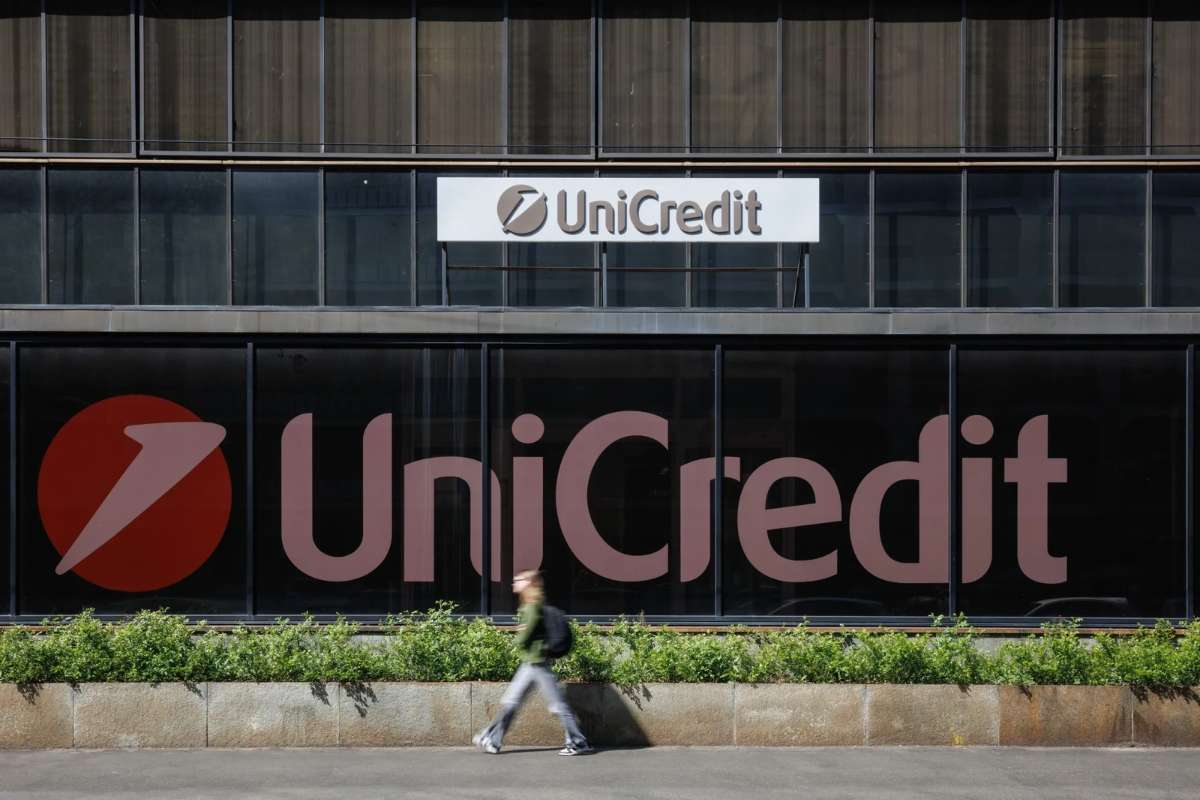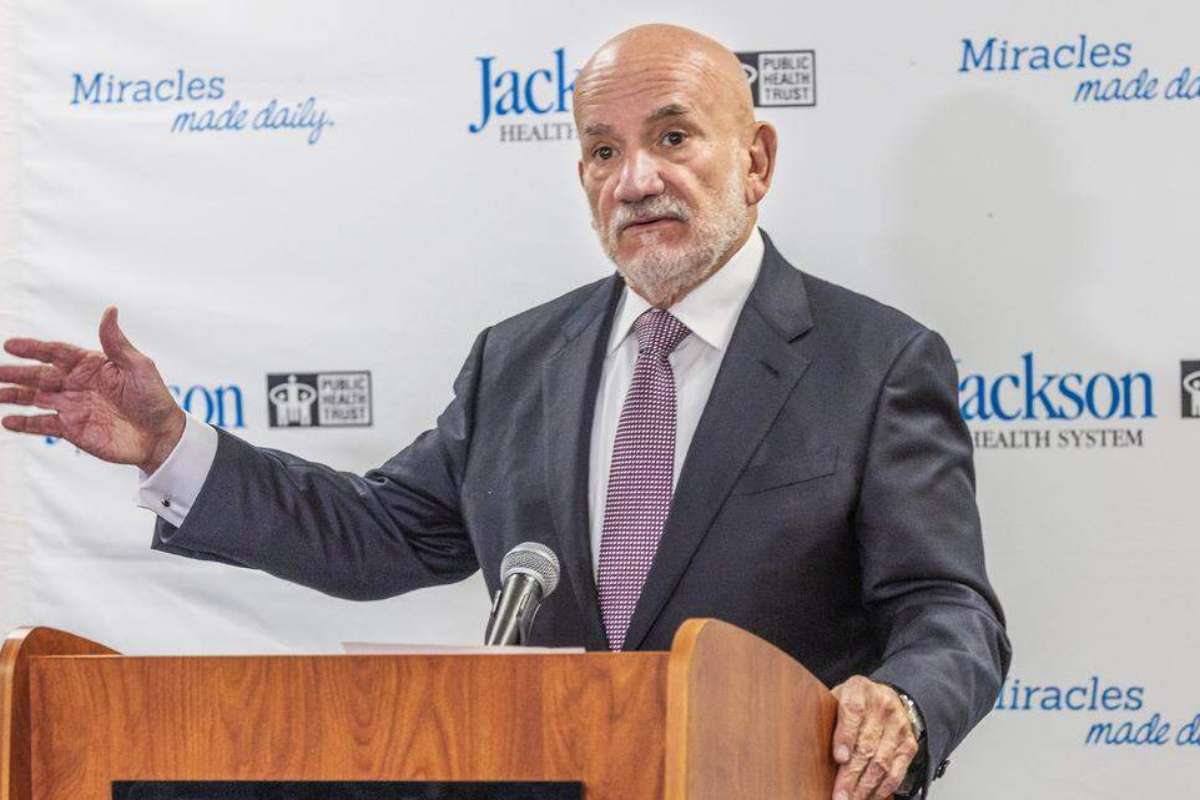In a significant legal turn, an Italian administrative court has handed UniCredit Wins a partial victory in its contested €16 billion bid for Banco BPM, Italy’s third-largest bank. The ruling, issued on July 12, validated the Italian government’s demand that UniCredit must completely exit its Russian operations as a prerequisite to completing the takeover. The judges cited national security and financial stability concerns, particularly regarding the flow of household savings potentially reaching Russian entities through Banco BPM.
However, the court annulled other key restrictions imposed by Rome under its “golden power” rules, including mandates requiring UniCredit to maintain Banco BPM’s loan-to-deposit ratio for five years and to preserve specific project finance portfolios. These were deemed excessive and beyond the scope of legitimate public interest intervention, marking the first judicial rollback of such constraints in a major strategic banking deal.
Additionally, the court upheld the requirement for UniCredit to retain its stake in Anima Holding, a fund manager closely tied to Banco BPM, noting its importance to the broader financial ecosystem.
Strategic Reactions from UniCredit Wins, Banco BPM, and the Government
UniCredit Wins responded to the court’s ruling with cautious optimism. CEO Andrea Orcel said the decision confirmed the bank’s assertion that the Italian government had misapplied its golden power. The court’s rejection of most conditions was seen as a validation of UniCredit’s position, though the enforced Russia exit remains a major hurdle.
Banco BPM, which has characterized the takeover bid as hostile, welcomed the clarity provided by the ruling and urged UniCredit Wins to disclose its next steps before the July 23 deadline for the offer. Meanwhile, the Italian government expressed satisfaction with the ruling’s partial affirmation of its national security stance, particularly in relation to Russia.
The broader implications of the court’s decision could ripple across the European Union. The frequent use of golden power mechanisms in Italy—especially in banking—has already raised eyebrows in Brussels, and this ruling may intensify calls for regulatory harmonization across the bloc.
Deal Uncertainty Remains as July 23 Deadline Looms
Despite the favorable outcome on multiple fronts, UniCredit’s path forward is far from clear. The court-mandated exit from Russia, which must be completed by early 2026, presents a formidable challenge. Although the bank has scaled back its Russian footprint since 2022, it still operates a regulated subsidiary, and a full withdrawal would require both time and Kremlin approval.
UniCredit’s board is now weighing its options—whether to comply, renegotiate with the Italian government, appeal further, or abandon the deal altogether. Orcel had previously warned that the deal could collapse under the weight of excessive restrictions. The clock is ticking, with less than two weeks before the offer expires. A request for an extension remains on the table should more time be needed for negotiations.
With Italy’s legal, political, and financial interests colliding, the fate of one of the country’s most significant banking mergers in recent years hangs in the balance.
Visit Visionary CIOs for the most recent information.











